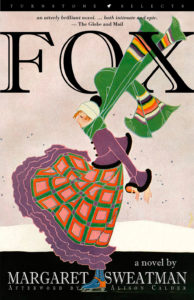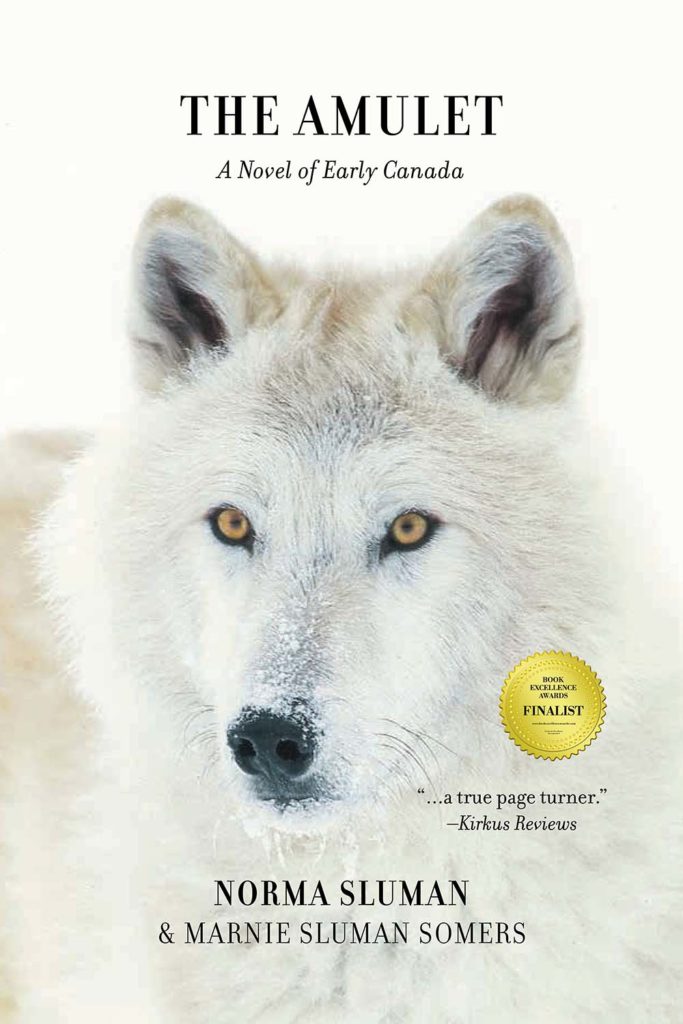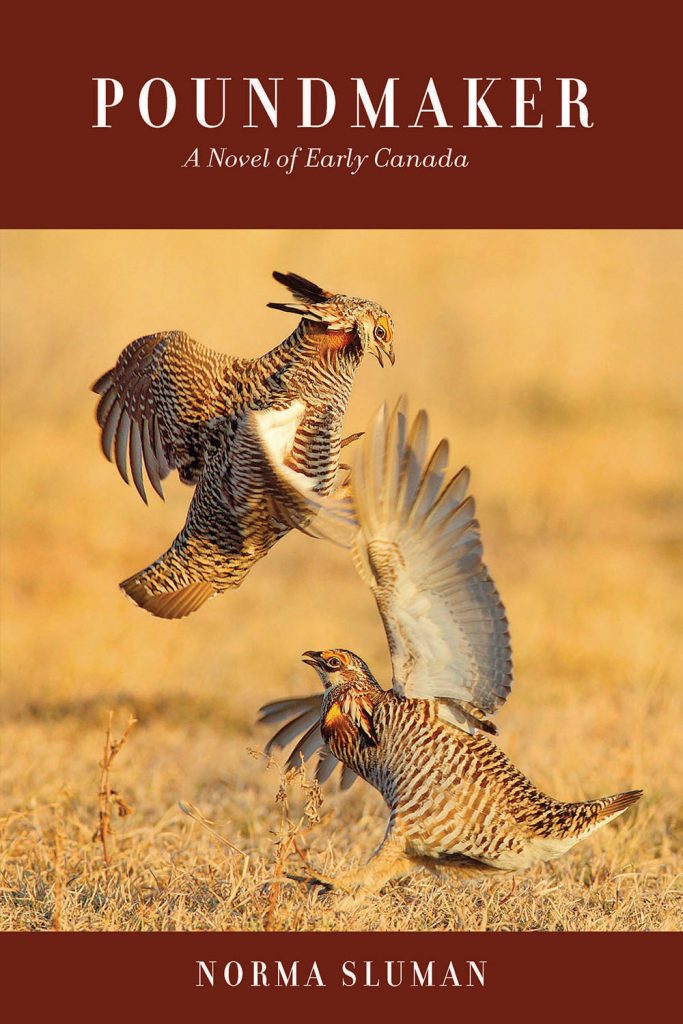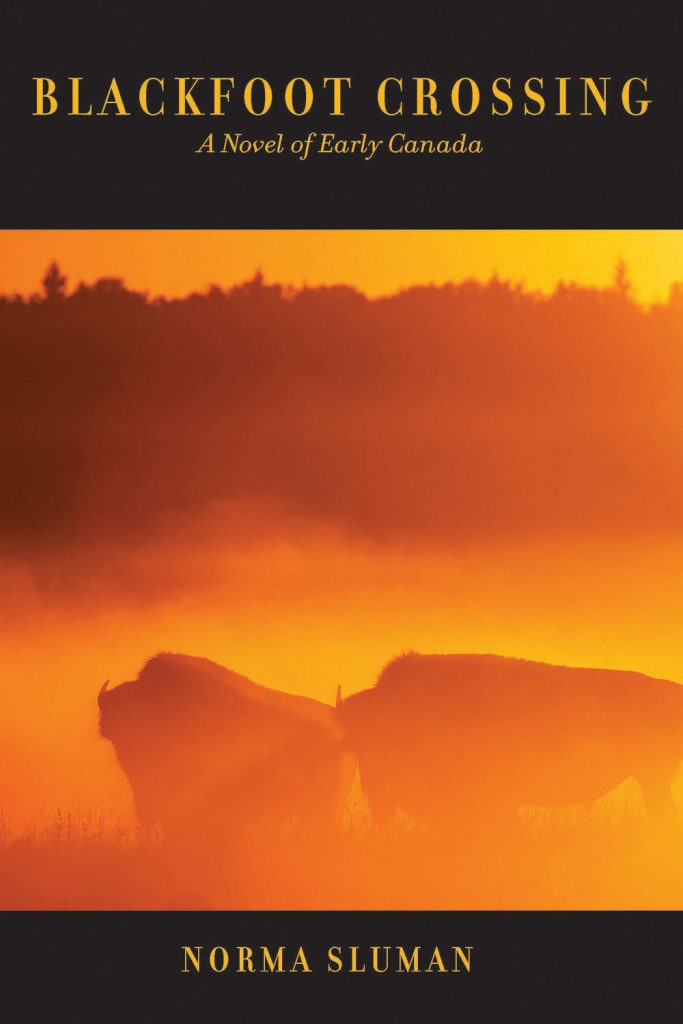I read a book this week. It was so different from anything I’ve ever read that I just have to share it with you.
Fox by Margaret Sweatman is a fictional account of the Winnipeg General Strike of 1919. The story follows Eleanor and Mary, cousins who are both daughters of wealthy Winnipeg businessmen and countless secondary characters through the streets of Winnipeg as the strike unfolds.
Margaret’s descriptions are breathtaking. As I read I felt that I was actually walking the streets of Winnipeg in 1919. I could see the streets and the buildings, hear the people, feel the winter cold, and smell the garbage rotting. She caught my attention, made me uncomfortable, and pushed me to learn more about the history of a city I visit often.
The most striking thing about this novel was the way Margaret told the story. I talk a lot about how we write. This novel is a stunning example of how effective those choices can be. She could have told the story in the third person and allowed us to see everything that happens in an explanatory way, but she chose, instead, to tell most of her story from inside the minds of two characters who are completely ignorant of business, who are unaffected by the issues which caused the strike, and who live a life insulated from poverty, need, and critical thinking. We see the whole thing through their eyes in a dreamlike, confused sort of way, through the lens of newspaper headlines, snippets of conversation, and glimpses of the streets as these women attend parties, read letters, and spend their summer vacation at their lakeside cottages.
Their story is interspersed with intense flashes of the reality of the strike—violence, hunger, hopelessness, determined resistance, intense emotion, and blatant injustice.
I emerged from this book shocked, motivated to learn, and really uncomfortable with how familiar it all felt.
Now I want to know. How much has really changed since then? Am I as oblivious to the world around me as Eleanor and Mary were? What other parts of the history of my province do I know nothing about?
This isn’t an easy book to read, but it isn’t long either, and it’s a testament to the potential of story to teach, to inspire learning, and to inspire action.
Read it to see what expert use of point of view looks like, read it to learn more about the history of Canada, read it to learn more about yourself.
What books have you read lately that inspired you to learn or change? I’d love to hear from you!
Until next week,

Laurie MacNevin, HF Associate Editor
Laurie is an editor, writer, and researcher. Her deep love of stories led to an Honours degree and a Master’s degree in English Language and Literature from the University of Windsor. Originally from Southern Ontario, Laurie has lived in Manitoba for more than ten years, exploring the stories, landscape, plants, and people of some of the most remote parts of the province including three years in Churchill and two years in God’s Lake Narrows First Nation. Laurie and her family now live on an acreage outside of Carberry.
Not a member of our FREE Book of the Month Club yet? What are you waiting for?
Want a chance to win a free book written by a different Canadian author? Join our Free Book of the Month Club! Every month we review a book by a Canadian author and give it away to one of our email subscribers. Our goal is to share the work of other Canadian authors to help readers find other writers.





